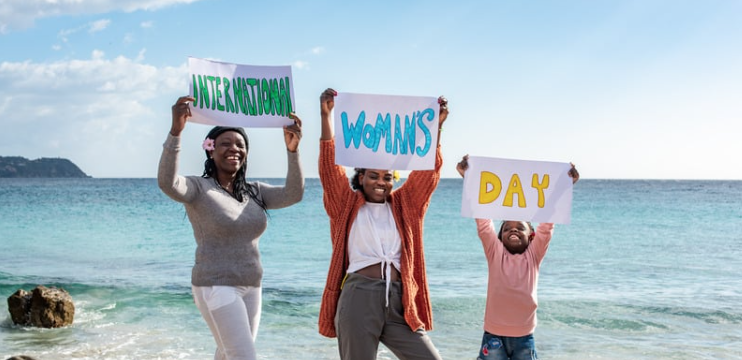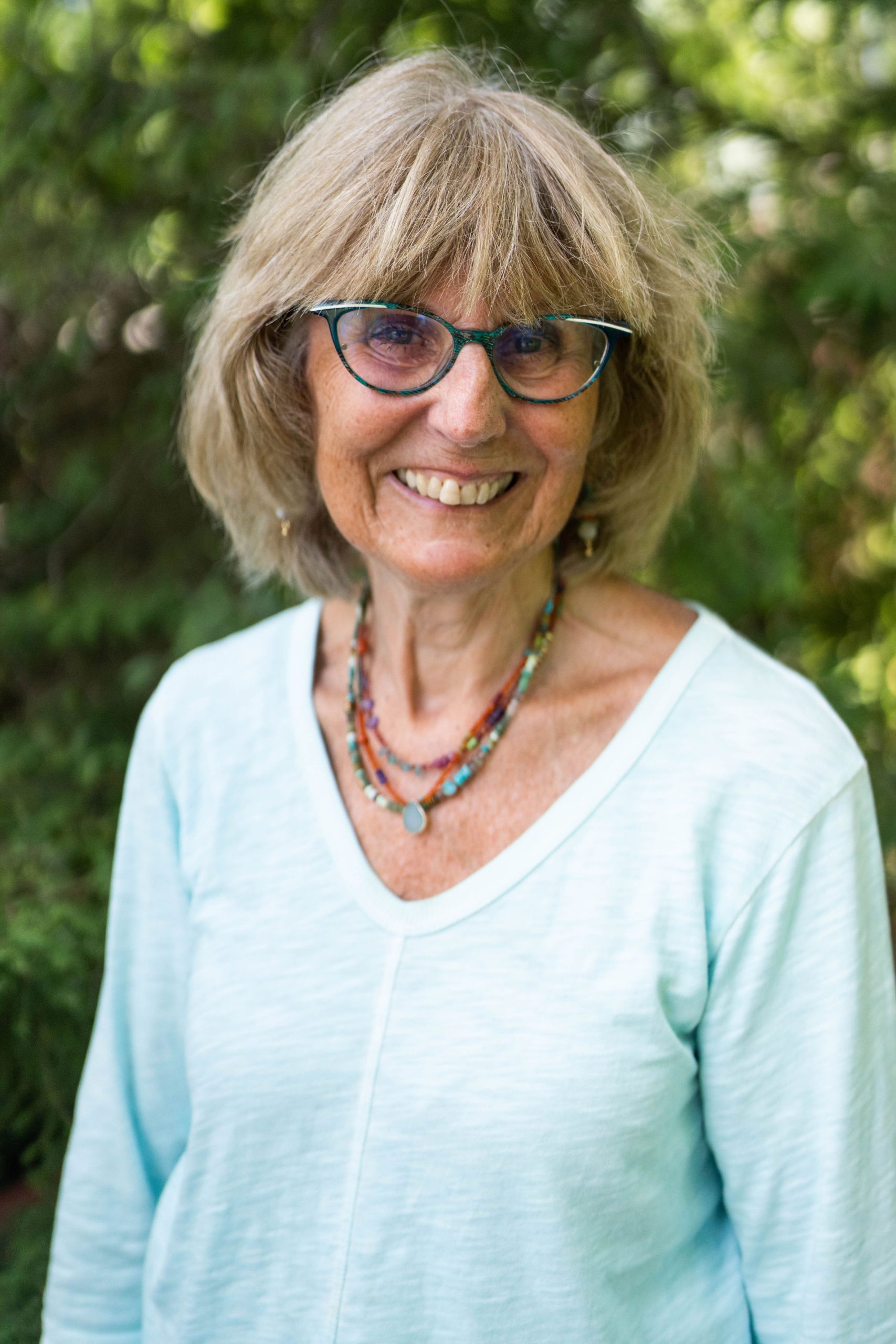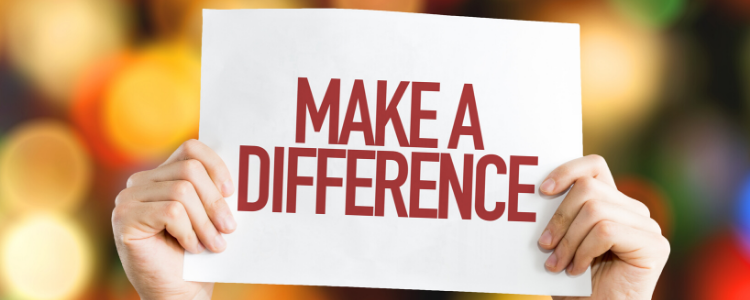This blog post represents the author’s views and should not be interpreted as professional/medical advice or endorsed by NEDA.
Saturday, March 8th, marks International Women’s Day, honoring the social, economic, cultural, educational, and political achievements of women.
Unfortunately, we need to be reminded that ”women hold up half the sky” as Mao Zedong, a leader of the Chinese cultural revolution, said back in 1949. Historically, men have been given more credit and more power in our world – both past and present – causing women to be recognized far less for their countless contributions. In the twentieth century this began to change. The first International Women’s Day (IWD) took place in 1911, with over a million people involved, and has been an annual event ever since.
In 1975, the United Nations designated March 8 the official International Women’s Day. Today it has grown to be a truly global event – actually recognized by many governments and an official holiday in over 25 countries. The United Nations hosts an annual IWD conference to highlight and coordinate the diverse efforts promoting women’s social, political, and economic rights. International Women’s Day belongs to all of us- every country, every ethnicity and race, and every gender. Every one of us has reason to celebrate women on this special day.
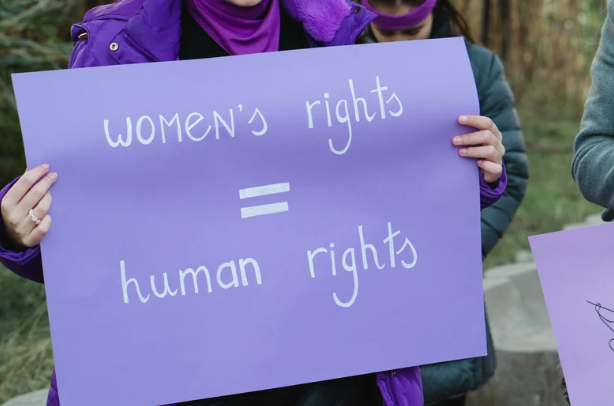
So Much Has Changed – Do We Still Need International Women’s Day?
In addition to recognizing women’s contributions to our world, it is a time to acknowledge issues of equality, discrimination, and gender biases and to address the systemic barriers that women face, in both their personal and professional lives. Women’s lives have changed dramatically in the past century. Still, according to the World Economic Forum, at the current rate of progress, we will not reach full gender parity until 2158. That’s roughly five generations from now- too far in the future for me. I’m hoping that International Women’s Day and similar movements can expedite gender equity.
The UN, most women’s organizations and clinicians like me who witness people’s struggles and help them through the challenges of their lives, have no doubt that we still need International Women’s Day and will for the foreseeable future. Here are a few compelling reasons:
- Every minute 28 girls are forced to marry against their will.
More than 250 million women alive today were married before their 15th birthday, many against their will. This worldwide problem persists due to patriarchal beliefs that women’s value is primarily in their roles as mothers, housewives and homemakers. Educating them is not seen as “worth the investment.” The pandemic exacerbated the issue: according to UN Women, 10 million more girls are at risk of becoming child brides by 2030.
- 1 in 3 women will experience violence.
The World Health Organization estimates that one third of women will experience some kind of physical or sexual abuse in her lifetime. During the global pandemic, due to lockdowns and other stressors, the number of cases of domestic abuse skyrocketed. The UN describes this as a ‘shadow pandemic,’ citing calls to domestic violence helplines increasing dramatically (up 40% in Malaysia, 50% in China and Somalia, 79% in Colombia).
- 181 million girls and young women are not receiving any education, employment or training.
We have much evidence that educating girls and women enriches both individuals and communities – from better employment prospects to better healthcare. Educating girls decreases forced marriage, child brides, sex trafficking, and poverty. While we have a long way to go, two thirds of developing countries have now achieved gender equality in primary education.
- In 72 countries women cannot open a bank account.
There’s a lot to say about this – more than this blog can address, but it illustrates how serious the issue of gender equity still is in 2025. Some countries bar women from opening a bank account or obtaining credit without permission from a guardian, while others require a woman to be married before she can access financial services. Some countries are working to close this gender gap, but it is a great example of the need for IWD and other consciousness raising activities.
- 1 in 10 women have self-harmed because of their body image.
According to a 2019 study by the Mental Health Foundation, 10% of women have engaged in self-harm because of their negative feelings about their appearance. Exposure to media images increases self-harm dramatically. Campaigns such as ‘Be Real’ combat body image issues by encouraging people to pledge to champion body positivity. This is the kind of work that the National Eating Disorders Association (NEDA) supports due to the intersection of self-harm and eating disorders.
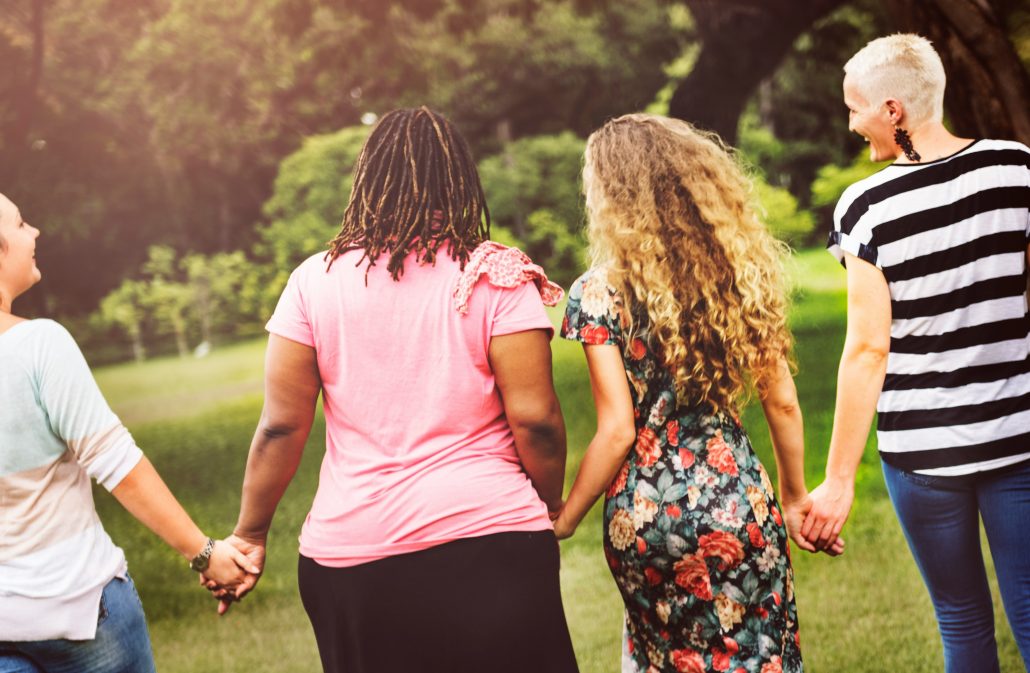
International Women’s Day and Eating Disorders- What’s the Connection?
While eating disorders appear across all genders, they have historically occurred in women and those who have identified as women the most. As a clinician living in a woman’s body in todays sociocultural environment, this makes sense to me, although I wish it didn’t. Eating disorders are very complex illnesses, reflecting an interplay of biopsychosocial, genetic, cultural and spiritual factors.
Today’s sociocultural environment reeks of negative messages about the importance of beauty, body image, weight, and appearance for women and those who identify as women. As western culture has advanced, female bodies have been increasingly attacked- what I have called the “Body Wars.” With the constant pressure from social media, the relentless presence of the diet industry and other forces that promote body alteration and discourage accepting one’s body as it is, it is difficult to develop a positive sense of self and confidence in what we contribute to the world.
Historically men have had more economic and political power, so women have felt forced to find their power in their bodies and appearance. This creates a warm welcome for disordered eating, extreme dieting, compulsive exercise and other behaviors that can lead to full-blown clinical eating disorders.
Again as a clinician, I have no doubt about the connections between the need for International Women’s Day and for NEDA. Over time, IWD has gradually increased the opportunities for women, thereby leveling the playing field so women will have power and influence equal to men. With that, women will be less drawn to the false promise that changing our bodies will assure us self-worth, social acceptance, and personal power. And we need NEDA to create awareness of the cultural pressures on women – and on everyone – to use their bodies and alter their appearance in place of true power.
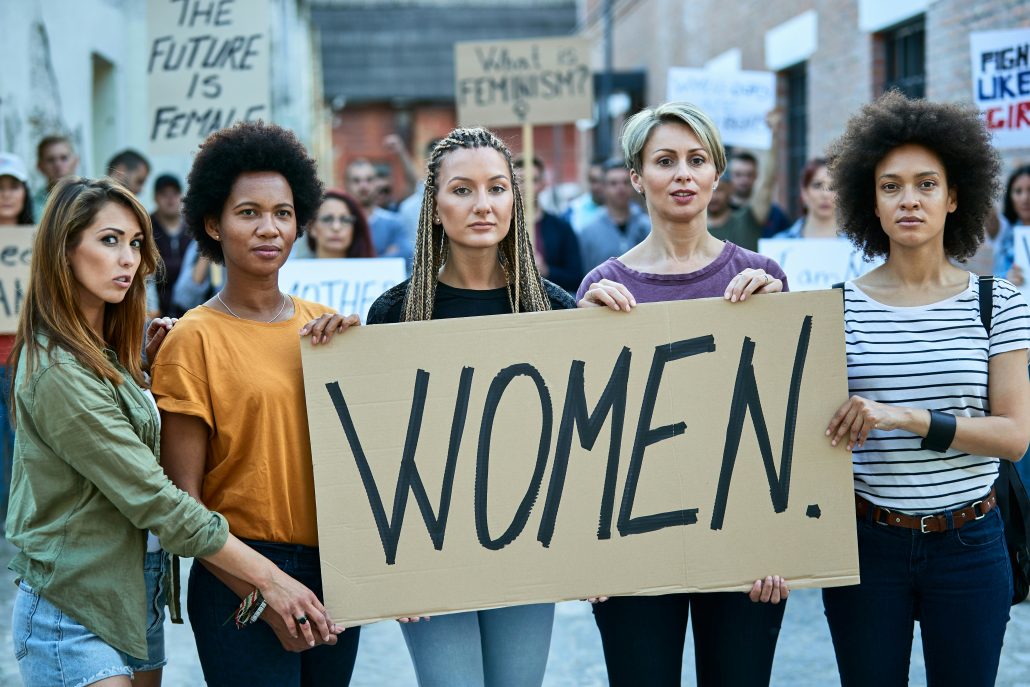
Critical Calls to Action 2025
The primary call to action during NEDA’s recent Eating Disorders Awareness Week was “The Time Is Now.” This demands that we recognize the presence, the complexity and the severity of eating disorders right now- we cannot wait any longer. Every 52 minutes, someone dies due to an eating disorder. We cannot wait. The need is now.
Similarly International Women’s Day is calling us to “Accelerate Action.” This message emphasizes the importance of taking swift and decisive steps to achieve gender equality. It calls for increased momentum and urgency in global efforts to assure and unlock equal rights, power and opportunities for all with not one woman, girl, or transgender, gender non-conforming or non-binary person left behind.
Across the globe, International Women’s Day will look different in different countries, but its primary goals include:
- Celebrate women’s achievements – recognize and appreciate the contributions of women in various fields, and highlight their influence and successes over time
- Raise awareness of gender inequality- identify persistent issues like the gender pay gap, lack of representation in leadership roles, gender-based violence, and unequal access to education and opportunities.
- Mobilize action for equality – encourage everyone to take steps toward creating a more inclusive and equitable world for women through groups and united actions.
- Donate and fundraise for the cause.
- Foster solidarity among people of all genders to support women’s rights and gender parity across the world.
International Women’s Day and National Eating Disorders Awareness Week share so much common ground. I firmly believe that addressing the IWD goals listed above will gradually diminish the frequency and course of eating disorders in individual lives and in our society as a whole. NEDA works hard to improve and expand research so we can best understand, manage and prevent eating disorders and build communities and awareness. In turn this allows our world to better support the nearly 30 million people who will experience an eating disorder in their lifetimes, with resources, compassion and hope. Like IWD, NEDA’s work must be inclusive of all bodies, genders, groups.
AGREED: The Time Is Now and we need to Accelerate Action
Let us celebrate International Women’s Day on March 8 and commit to the work that IDW and NEDA both ask of us.
The needs are daunting but each one of us can do something. The words of activist and tennis champion Arthur Ashe always inspire me:
“Start where you are. Use what you have. Do what you can.”
Let’s join together and move forward to gender equity and to an end to Body Wars for everyone..
Resources
Are you concerned you might be struggling with an eating disorder? Take our confidential screening tool.
Are you looking for an eating disorder treatment provider? Find treatment in your area or online.
Are financial barriers preventing you from seeking the support you need? Learn more about free and low cost support options to connect with others and provide tools to promote recovery.
Margo Maine, PhD, FAED, CEDS, is a clinical psychologist who has specialized in eating disorders and related issues for over 35 years. A Founder and former Adviser of the National Eating Disorders Association and Founder and Fellow of the Academy for Eating Disorders, her newest book, Hair Tells a Story: Hers, Yours, and Ours (McFarland Books), explores women’s relationship with their hair, a neglected aspect of body image. Dr. Maine is also author of: Pursuing Perfection: Eating Disorders, Body Myths, and Women at Midlife and Beyond; Treatment of Eating Disorders: Bridging the Research- Practice Gap; Effective Clinical Practice in the Treatment of Eating Disorders; The Body Myth; Father Hunger; and Body Wars; and is Senior Editor Emeritus of Eating Disorders: The Journal of Treatment and Prevention. The 2007 recipient of The Lori Irving Award for Excellence in Eating Disorders Awareness and Prevention, she has been honored to receive the 2014 Don and Melissa Nielsen Lifetime Achievement Award, the 2015 NEDA Lifetime Achievement Award, and the 2022 International Association of Eating Disorder Professionals Lifetime Achievement Award. A 2016 Honoree of the Connecticut Women’s Hall of Fame, Maine lectures nationally and internationally on eating disorders and maintains a private practice, Maine & Weinstein Specialty Group, in West Hartford, CT. She loves the earth and gets up early every day to celebrate it.

